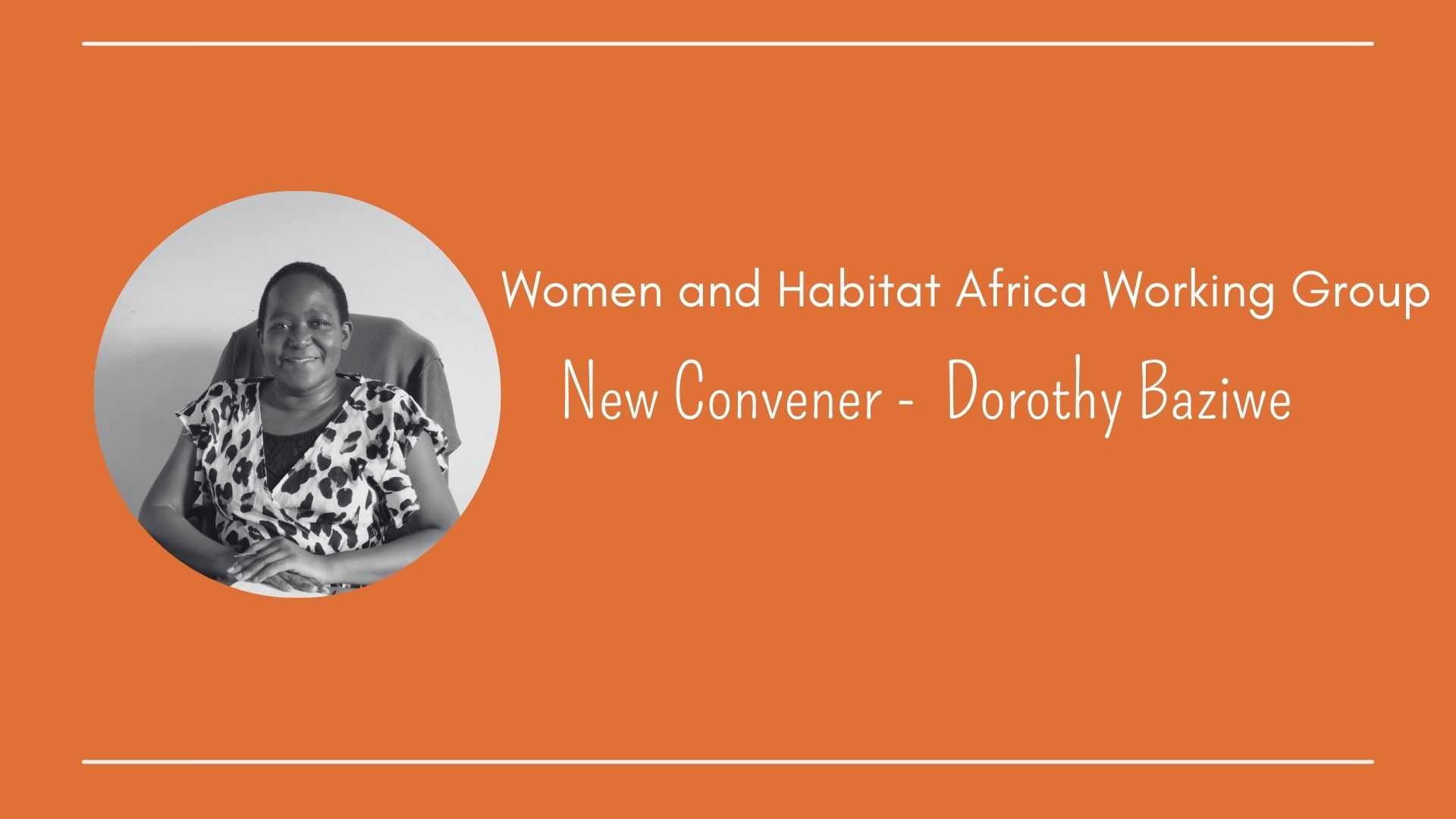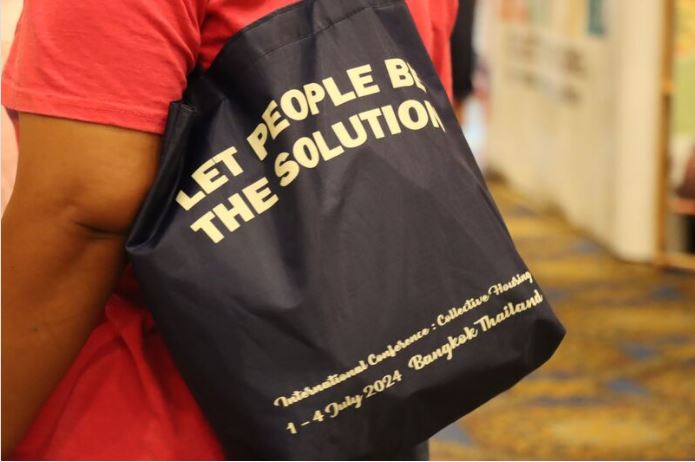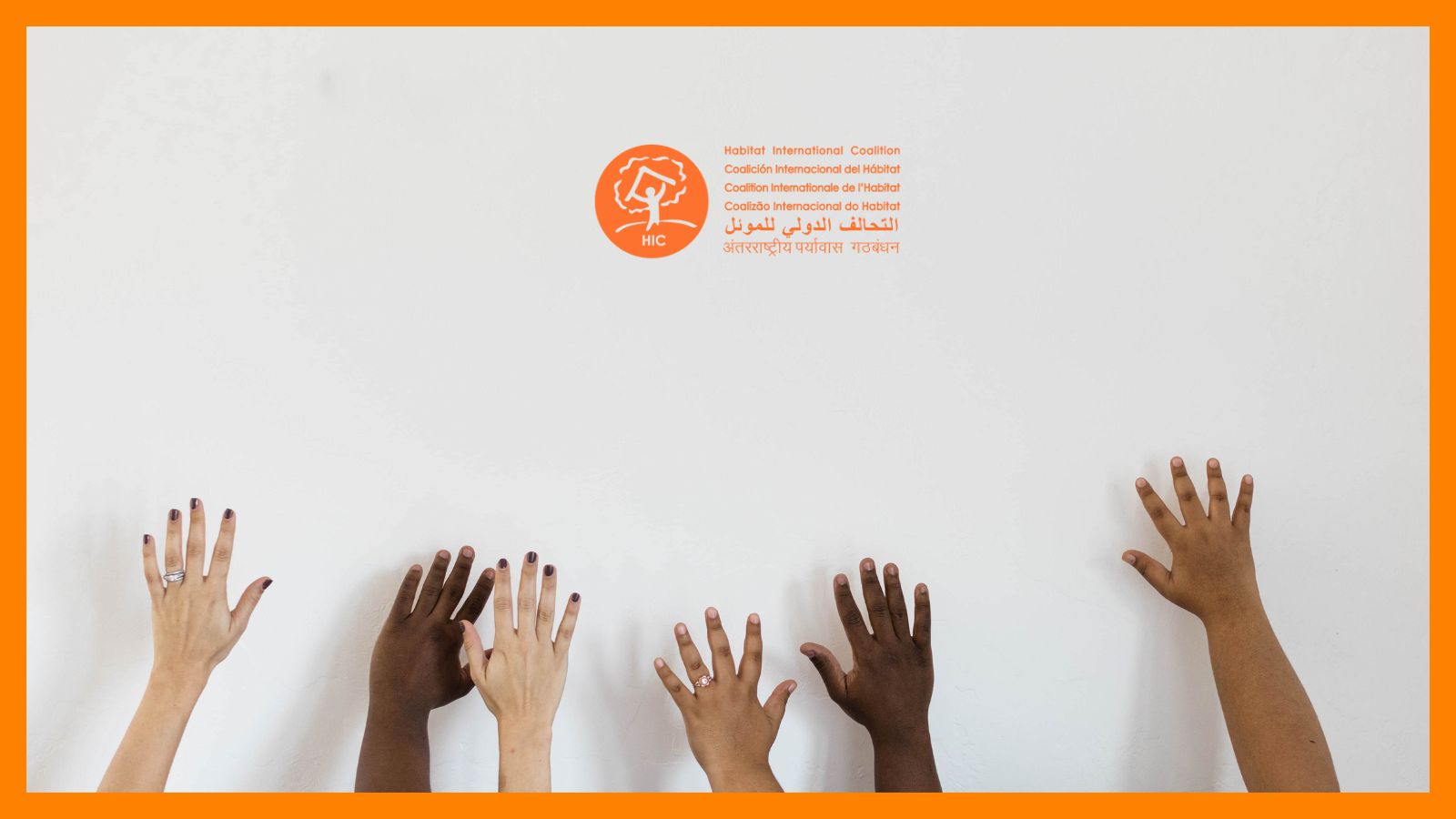Today, half the world’s population lives in towns and cities. Of these, more than one billion people are in urban slums. The Millennium Development Goal (MDG) No. 7 seeks substantial improvement in the lives of at least 100 million slum dwellers by 2020. During the next decade, however, we will have to add another 500 million to today’s one billion slum dwellers, meaning that the reality far outstrips the goal. In the Middle East, as elsewhere, many of the development challenges lie in the rural areas, where 37.5% of the population lives and where 70% of the region’s poverty is found. However, urbanization and urban migration are regional facts. The urban bias of governments and international development efforts are a major source of this pull factor. Why is it that so many of our millions can no longer survive on the land? In the Middle East/North Africa, factors range from lopsided development policies to military occupation and population transfer, and are both ideological and structural in nature. Purely technical solutions cannot redress the culture emanating from the globalized urban mentality and homogenized consumerist lifestyles. For that, we need to engage in a contrite introspection to the moral and ethical questions arising on this World Habitat Day 2004, the global day for adequate housing and land rights. We commemorate this Day not only to reflect on cities, and not only on the built environment, but on human habitat in general, and also about the values of human dignity and well-being. The Human Right to Adequate Housing in MENA Already 148 States in the world have ratified the ICESCR, the principal treaty instrument enshrining the State’s binding duty to respect, defend, promote and fulfil the human right to adequate housing to the furthest extent of available resources, including judicial remedy. In the MENA region, 14 countries are treaty parties to ICESCR. Some of the States with the greatest resources still remain outside the Covenant, including Bahrain, Oman, Qatar, Saudi Arabia, Turkey and UAE. Other international treaties enshrining the right to adequate housing are operative in the MENA region, including the CERD, CEDAW and CRC. Most Arab States (except Comoros and Djibouti), Cyprus, Israel and Turkey have ratified CERD and CRC (except Somalia). Only Oman, Qatar, Somalia, Sudan and UAE remain in MENA region among the 16 UN members States remaining outside CEDAW. These treaty obligations to ensure the human right to adequate housing, together with the corresponding General Comments and jurisprudence, should provide both a moral and practical framework for legislation and policy formulation in each State party to these treaty instruments. While these criteria and the over-riding international public law principles apply in all situations, applying them to the MENA region leads us identify some of the special housing rights challenges we are facing here today. Harsh Realities The human rights principles of self-determination and international cooperation have been turned on their head in Iraq. There, policies and practices of the previous regime, the conduct of war and the subsequent occupation have generated a variety of housing and land rights violations, resulting in an estimated 800,000 displaced persons. This estimate involves the combined victims of the demographic manipulations campaigns of Saddam Hussein, Coalition war damage and displacement, widespread poverty and the forced evictions carried out by occupation forces. In addition to denial of self-determination and the human rights principle of international cooperation, non-discrimination principles have been flouted in the case of historic Palestine. Israeli law, including its Basic Laws, establish a status of “supercitizenship,” locally referred to as “Jewish nationality,” with privileges implemented through the “national institutions,” form the mechanism of the State that prevents the indigenous Palestinians’ enjoyment of “national” resources and other economic, social and cultural rights. This mechanism was inflicted upon the OPT in 1967, where the housing and land rights consequences have become the subject of daily news and a recent World Court Advisory Opinion. The humanitarian crisis in Darfur, Sudan has roots in the failure of statecraft. Where official discrimination and demographic manipulation have inspired rebellion, the State has sponsored massive forced eviction and the destruction of lives, livelihoods and property. We now receive reports about the families of janjawid mercenaries colonizing Fur villages, further complicating any future resolution. As of August 2004, the janjawid have completely destroyed more than 405 villages in Darfur and substantially damaged 123, since February 2003. Approximately 200,000 persons have sought refuge in eastern Chad and another 1.2 million internally displaced persons (IDPs) remain in western Sudan. These classic punishments of civilians by attacking their habitat presumably seek to ensure the integrity of the State, but carry with it the very recipe for the State’s own dismemberment. In 1974, the Turkish military invasion of Cyprus created 200,000 refugees and left 37% of the island occupied until today. As of 2004, the population of settlers in the occupied north exceeds the Turkish Cypriots. Occupation authorities have issued at least 34.000 title deeds to settlers from Turkey since 1974. Meanwhile, the landmark 2001 European Human Rights Court decision in Loizidou v. Turkey, awarding the 1974 transfer victim her right to housing, access and compensation, remains unimplemented. In Bahrain, the zone available for housing is 24% of the land area for its 677,886 population (including 235,108 non-nationals). Official discrimination manifests in the housing sphere, where infrastructure, public goods and services are amply provided for Sunni communities in obvious contrast with their deprived Shi`a neighbors. Meanwhile, much of the country’s land surface is occupied by United States Naval Forces Central Command and Fifth Fleet, limiting land use and, consequently, self-determination. Turkey has by far the largest number of displaced persons within its borders. The Turkish military’s destruction of over 3,500 Kurdish villages in last decade has produced three million refugees, now scattered from their native southeast as far as Istanbul. This level of destruction amounts to seven times the number of Palestinian villages that Israel depopulated and destroyed in its first few years as a State. At a proportion even greater than Cyprus and Turkey, Lebanon can boast the highest ratio of displaced persons in the region. Some estimates claim that as much as two-thirds of the country’s civil war-time population of three million had been forced to change their residence. Today’s estimates of remaining IDPs in Lebanon range from 50,000 to 500,000. Over 300,000 Palestinian refugees remain in camps across the country, where they are locally banned from most occupations and denied access to building materials, among the forms of discrimination practiced. In the aftermath of civil war and serial occupations, Lebanon’s capital Beirut is reviving and its downtown section remains under reconstruction. However, the means by which the implementing Solidaire company acquired the lands persists as a sore point for many of the quarter’s former inhabitants. Until today, those former owners and residents evicted from downtown Beirut still claim their rightful properties and compensation. This issue is the subject of a parallel event in Beirut commemorating World Habitat Day 2004. Globalization and privatization of public goods have impeded the human right to adequate housing in several countries. Egypt, Tunisia and Morocco are among the pioneers in the Arab world at privatizing water and land, essential elements of the human right to adequate housing. Recent privatization of water in Morocco and Tunisia have led to rapid price rises, naturally afflicting impoverished citizens the most and making the MDG of significantly improving slum life ever more elusive. Beyond monetary values, the replacement of local citizens’ water associations with private—and often transnational—companies also has meant the collapse of the corresponding social capital the inhabitants have built and accumulated over time. Ultimately, too, the State forfeits its authority and social base to the private enterprises. Egypt’s antireform legislation on rural land tenure and its implementation since 1996 have spelled disaster for approximately one-quarter of the country’s farmers, the anchor of Egypt’s national food self-sufficiency, environmental management and popular culture. Evictions on a large geographical and numerical scale without adequate compensation have condemned undeserving victims to untenable lives without land and livelihood. In most countries in the region, the globalization trend of States withdrawing from public services, including housing, has been rationalized on the notion that the private sector would meet demand. This theory cannot be sustained by human experience. In fact, in many countries reliance on the private sector has coincided with a lack of low-cost housing for those who need it, and a glut of costly housing units without the demand to fill them. Against this backdrop, the impoverished people continue to build for themselves. The evidence of social production of habitat abounds across the region. However, this does not mean that the people are allowed to remain. Although in situ upgrading has proved to be a more humane and economical alternative, we still observe the pattern of authorities instead demolishing what the people have built out of necessity and their meagre resources. Repair On this World Habitat Day, it would behove us to keep the value of human well-being and human rights as a guide. We face tremendous challenges in sustaining the planet: the natural environment and the human endowment, both urban and rural. These values have been enshrined in the human rights instruments that all the region’s governments have ratified. This World Habitat Day, the international day for housing and land rights, marks the moment to redouble efforts to address the cause and the symptoms of the problem. It is our hope that some of the necessary detail will arise from our deliberations and reflections on this day. As a practical guide, we submit that human rights law, with its corresponding and ever-clearer State obligations, provide a framework for us all. The entire body of human rights law is both binds us and bonds us in this task. That is not to say that the human rights approach is sufficient on its own. We need technical solutions also to fulfil the right to housing, land and human well-being. Therefore, a return to human rights law as a common framework—particularly in the fields of housing, physical planning and development policy and practice—is one essential ingredient too often neglected. Policies affecting habitat, including the human right to adequate housing and land, pose a strategic opportunity to institute justice for the people of the Middle East/North Africa. New locally generated strategies for doing so are urgently needed in this geographically centermost of regions. Otherwise, our rush to acquisition, globally homogenized development models, “free” markets, racial discrimination and other ideological preferences will carry with it the seeds of our own undoing.
El Grupo de Trabajo Mujer y Hábitat de HIC África nombra nueva Coordinadora
El Grupo de Trabajo Mujer y Hábitat de HIC África (WHAWG) es un grupo de Miembros y Amigos/as de la Coalición de toda África comprometidos con la consolidación, el desarrollo [...]


